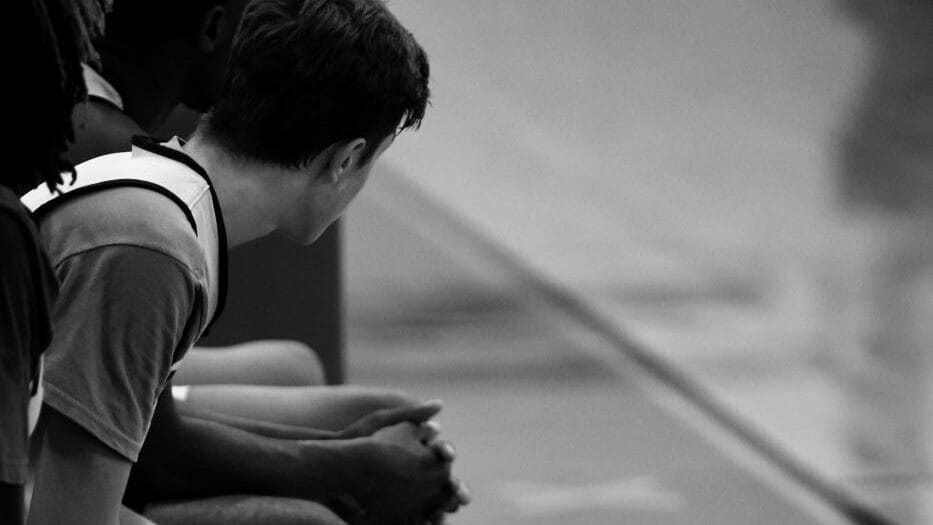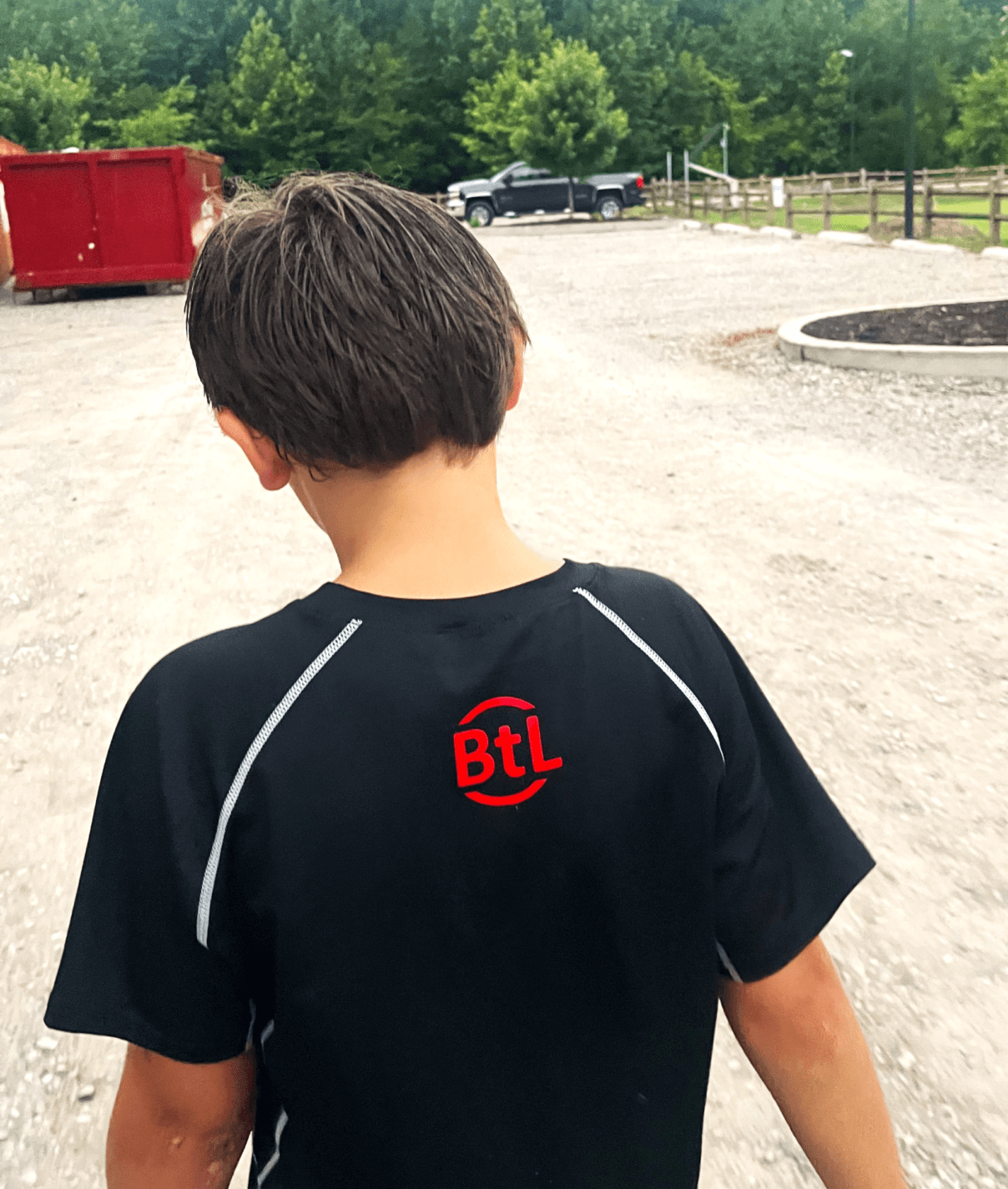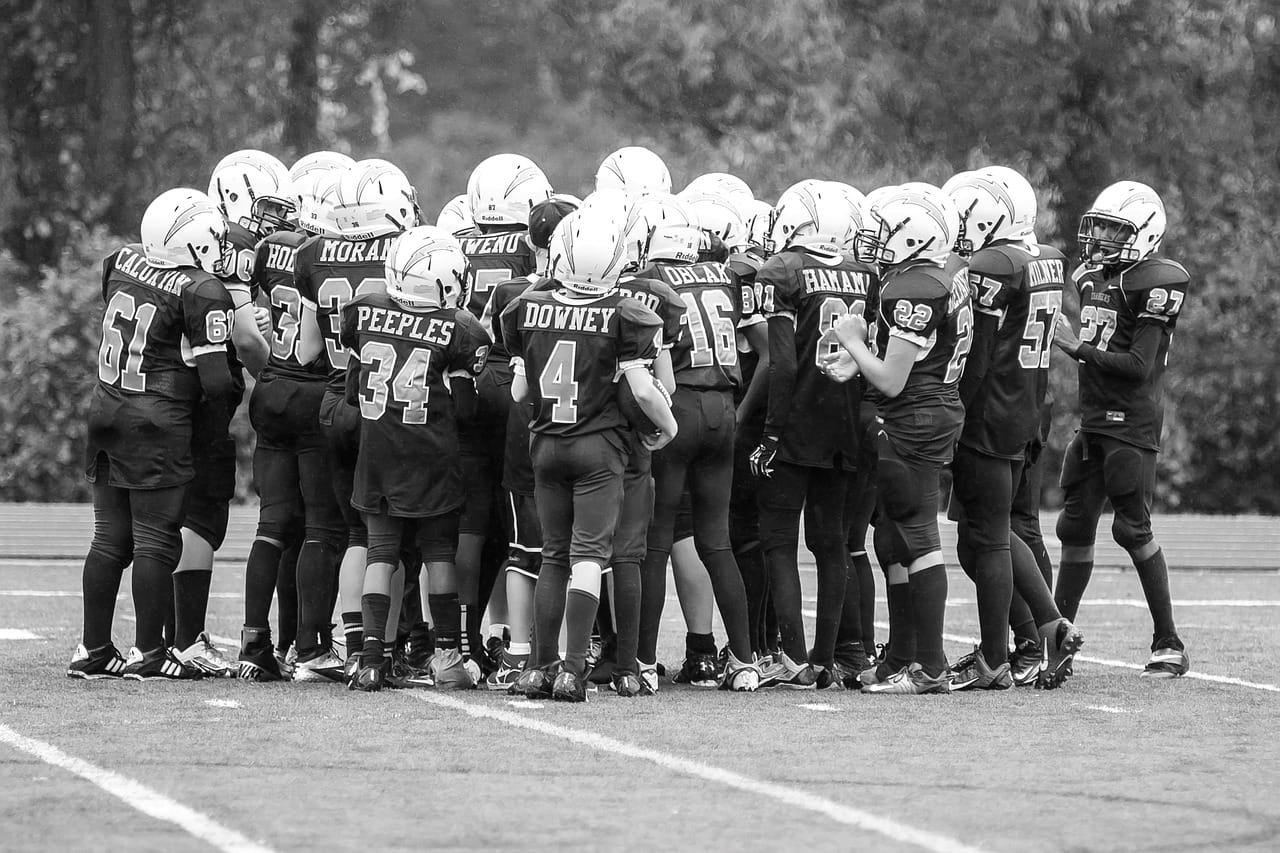The mental aspects of sports are crucial to overall performance on the field. If you were to ask a dozen athletes how important the mental aspect is, you’d likely receive 12 different answers. Most would put the percentage at over 50%. Growing up, I was told sports were 90% mental. Today, I wonder if it might not be closer to 100%.

Why the Mental Game Matters
Motivation, perseverance, handling stress, overcoming failure, celebrating success, coping with pain or injuries, focus, and planning—the list could go on and on. Ultimately, the mental aspects of sports are undeniably important. But the exact percentage? That’s irrelevant. The real takeaway is this: an athlete’s mental game requires just as much effort and attention as their physical training. Yet, this crucial aspect is often overlooked by most training programs, even though it may be the most important factor of all.
Why Is the Mental Game Overlooked?
1. It’s Hard to Teach
The mental side of sports is a difficult topic to coach or teach. Everyone’s mentality is different, so finding a one-size-fits-all solution is almost impossible. However, athletes should be open to exploring new strategies to strengthen their mental game. This process starts with acknowledging their mental weaknesses and seeking opportunities for growth.
2. Stigma Around Mental Weakness
Historically, mental shortcomings have been ignored or considered a sign of weakness. Discussing mental struggles was often taboo, and the mindset was that you either “have it” or you don’t. This belief is far from true. Mental strength can be developed and expanded. Athletes can become mentally tougher and gain greater control over their thoughts and emotions with deliberate effort.
3. Coaches May Feel Unqualified
Some coaches don’t feel equipped to address the mental aspects of sports. While this might be true in certain cases, many coaches make a significant difference in their athletes’ mental game without even realizing it. From teaching resilience to modeling focus and determination, coaches play a vital role in shaping athletes’ mental toughness every day on the field.
The Path Forward: Building Mental Strength
If you’re a coach, athlete, or parent, the first step is to believe that mental strength can be developed—and then put in the work. Here are some steps to get started:
- For Athletes: Practice mindfulness, visualization, and goal-setting regularly. Reflect on challenges and learn from them.
- For Coaches: Incorporate mental training into practice sessions. Share strategies like breathing exercises or pre-game visualization techniques.
- For Parents: Encourage open conversations about mental struggles and successes. Provide a supportive environment for your athlete to explore their mental game.
Why Mental Toughness Matters Beyond Sports
Developing mentally strong athletes doesn’t just lead to better performance on game day. It creates resilient individuals who can handle challenges in life off the field. As coaches, parents, and mentors, our ultimate goal should be to prepare young athletes not only for sports but for life. Developing the mental side of sports is the key to creating confident, focused, and successful future leaders.
At Ball to Life, we focus on building mentally strong athletes with a little emphasis on the physical. Because at the end of the day, success starts in the mind. Let’s start building stronger minds—and stronger athletes—today.
Call-to-Action:
Ready to strengthen your mental game? Check out our resources on mental training techniques for athletes, coaches, and parents. Subscribe to our newsletter for weekly tips to help you succeed both on and off the field!
BtL
Subscribe to our email list to get our content direct to your inbox!
Follow us on Facebook, Twitter, Instagram and TikTok
To learn more about Ball to Life and our mission, click here.

